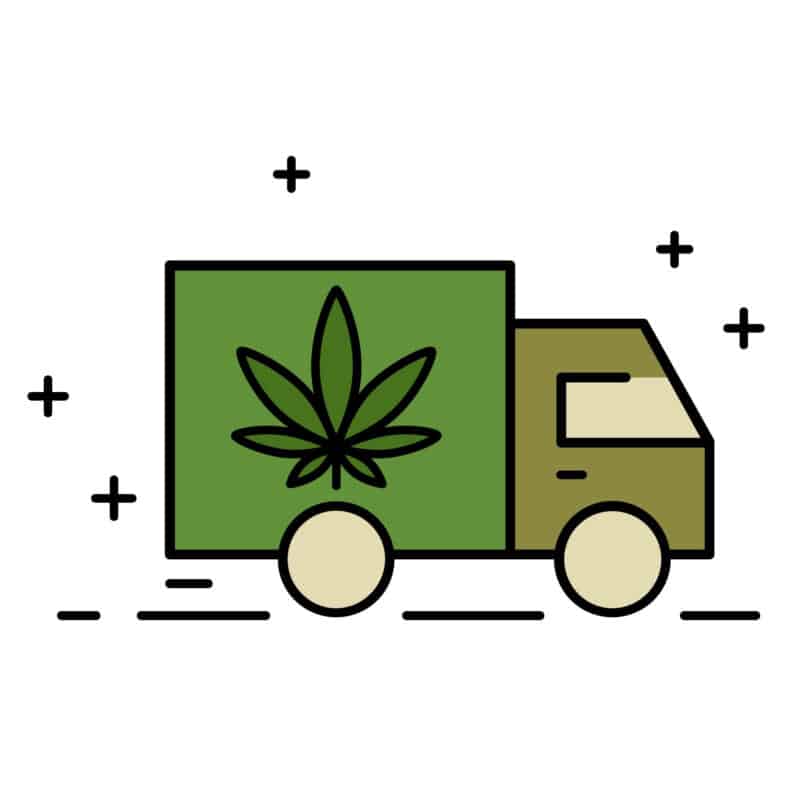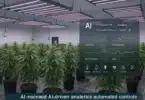Minnesota Indian tribes are going headfirst into the weed market. Not only did multiple dispensaries open within days of a state policy change for legalization; but now one tribe is talking about mobile weed trucks throughout the state. Read on for more info.
Minnesota Native Americans and cannabis
The Red Lake Nation Chippewa tribe was the first tribe in Minnesota to open a dispensary on their tribal land, starting August 1st; the day the laws officially changed in Minnesota for legal recreational cannabis. Minnesota passed a legalization measure earlier this year; after about a year of in-between legality, subsequent to legalizing a hemp-derived THC edibles market in 2022.
Just as August 1st came around, a couple different tribes announced the opening of tribal dispensaries, as per the regulation that governs the reservations; which is outside of US policy. Since the state is technically legal, the tribes aren’t breaking with state mandate anyway. However, since no formal regulatory policy exists yet in Minnesota, no non-tribal dispensary has a license to open. It could take upwards of a year before one does.
Along with the Red Lake Nation, the White Earth Nation, another Chippewa tribe, also opened a dispensary right as the laws changed. Both reservations voted in legal cannabis within days of the state-wide policy update; White Earth Nation on July 28th, and Red Lake Nation on the 25th of July. Under their own governments they legalized recreational cannabis, apart from anything to do with Minnesota’s official governance.
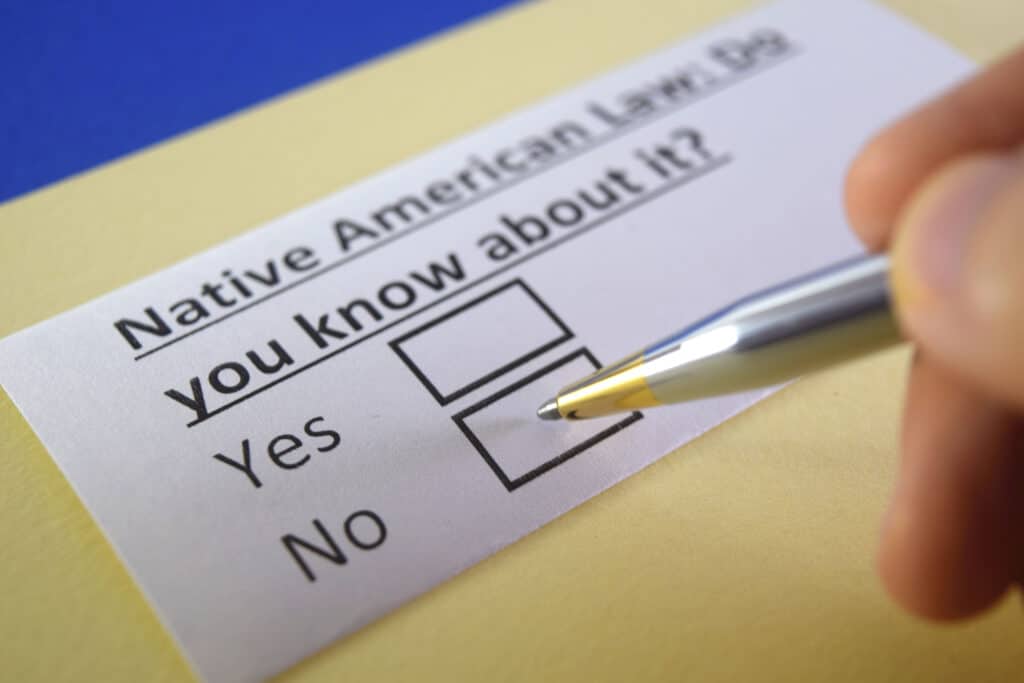
Whereas White Earth’s first dispensary is for medical sales, with recreational dispensaries coming soon; Red Lake went straight to recreational sales with its NativeCare retail location. The dispensary reportedly gets about 300 customers daily, according to MPR News.
The dispensary even started opening on Saturdays since business is booming. In a poke at standard weed culture, the dispensary closes at 4:20 every Saturday. The facility has also managed to bring down wait times for patrons waiting outside. Though there had been early concerns that this new industry might turn a bit criminal, or get out of hand; Tribal Secretary Samuel Strong made clear:
“What I found is that the people that are participating in this industry are very friendly, and very respectful of our laws. And we’ve been getting good business at the store and our casino and other businesses around the community. And I think we’re really changing perceptions, both of outsiders coming onto Red Lake and of outsiders from Red Lakers’ perspective. And so that’s really a positive part is seeing that building those bridges, and cannabis is doing just that.”
Indian reservations can open cannabis dispensaries
Indian reservations are capable of opening dispensaries inside or outside standard state and US laws. This is because tribal communities do get a certain amount of tribal sovereignty as a sort of repayment for the atrocities waged on native communities for well over a hundred years; starting with the European explorers who landed on the American continents, and then the colonists that followed. All told, upwards of 70 million likely died, though numbers are far from precise.
Though the sovereignty isn’t 100%, it does afford these communities a little wiggle room, and this has continually been backed by Supreme Court rulings, as well as undermined by the US government. For example of the latter, when it comes to the gambling industry (a similar concept to the cannabis industry), the federal government instituted the Gaming Regulatory Act. This law allows casinos on reservations, but requires a partnership with states that can undermine native authority.
Prior to 2013, the US government did not cede regulatory control of cannabis to these communities, despite backing up their sovereignty in other ways. In 2013, with the advent of the Cole Memo, and subsequent Wilkinson Memo; a new standard was set that federal and state governments of the US, must stay out of reservation policy and retail businesses, including cannabis.
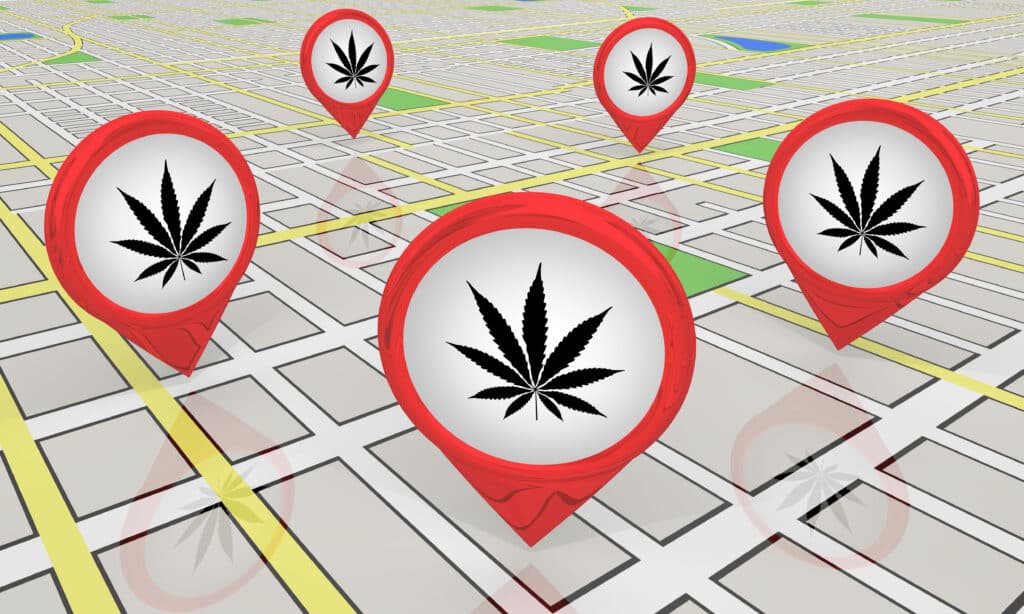
In the last few years, dispensaries have popped up in many different states; like California, Oregon, and New York. Technically, anywhere that reservations exist, there is the possibility of such enterprises, so long as they doesn’t break with tribal policy. Some of these dispensaries are doing so well, that they’re taking the place of the casino industry, which has been largely changed by online sales.
Indian tribes and mobile weed trucks
Native American communities aren’t wasting time getting their businesses started, or pushing them to the next level. Within weeks of beginning recreational sales, the Red Lake Nation is already looking to expand out from that particular reservation, with mobile weed trucks. The tribe wants to see more of this dispensary, throughout the entire state. And this doesn’t mean going off tribal property.
According to the MPR article, the owners of the tribe dispensary NativeCare, are now looking to expand their business by way of mobile weed trucks. Since they can open dispensaries (mobile or not) on any tribal reservation property, it means they can open businesses on multiple different reservations, creating a chain of mobile dispensaries.
Said Strong to MPR of the expansion plans, they are “very excited to see how the community will respond.” He continued, “Obviously, there’s some more security concerns that would be involved with a food truck, but very similar to that concept. You know, setting up shop and being able to serve customers and have the same level of customer service while being mobile and being more available to our consumers.”
He went on further, “We’re building that ‘Minnesota nice’ brand, and we’re doing it in a way that’s good for the tribe and good for cannabis consumers. And so that’s really encouraging to see that positive interaction.”
Along with opening mobile weed trucks on different reservations, individuals of Minnesota’s Red Lake Nation tribe are planning for two new brick and mortar dispensaries. One in Warroad, Minnesota, and one in Thief River Falls, Minnesota; both close to reservation casinos.
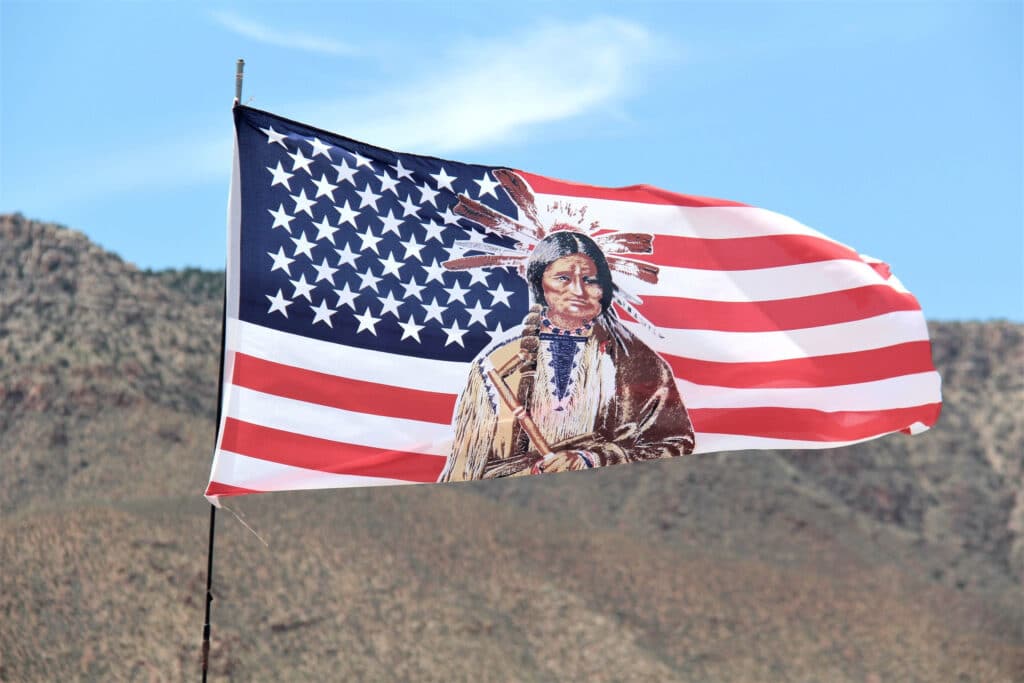
Is there pushback with the state?
The situation between tribal governments and US governments (state and federal) has not always been peaceful through history. However, at least in Minnesota, there doesn’t seem to be a problem with this new reservation cannabis industry, between the tribes and the state. In fact, the two entities are working together, which bodes well for the Red Lake tribe to expand into mobile weed trucks.
Right after the laws changed in the state, an unlicensed smoke shop on the White Earth reservation, decided it would sell cannabis products, and advertise these upcoming sales, on a Facebook page. This earned a raid by both tribal police and Minnesota state police, as the sales broke with both state and tribal law. The tribe also requires correct licensing for sales. As a central government, it has the same concerns as the state, in that it doesn’t want its industry hurt by black market operators.
The raid was carried out on August 2nd, at the Asema Tobacco and Pipe smoke shop, turned temporary dispensary. No one was arrested at the time of the bust. According to the task force commander, this was done because of complaints about the store. He said that otherwise, chasing after weed crimes isn’t usually what law enforcement does, especially considering growing issues with drugs like opioids and meth.
However, having said that, this is not the same situation. Enforcing laws to keep people off drugs, and enforcing laws to fight an untaxed black market, are a little different. And it could be that this bust was less about responding to complaints, and more about warning other black-market operators from trying to pull a fast one on tribal property.
Conclusion
Indian reservations are creating new weed hubs. Now with the Minnesota Red Lake Nation tribe planning for mobile weed trucks, the tribal dispensary chain can gain an even farther reach. How all this will affect state-run legal markets on a large scale, however, still remains to be seen.
Hello readers! We of Cannadelics.com, are glad you’re here. Welcome to our independent news site focused on the growing cannabis and hallucinogen spaces of today. Check us out frequently, to remain updated. And head over to the Cannadelics Weekly Newsletter; for the best in product promotions, along with the news.

